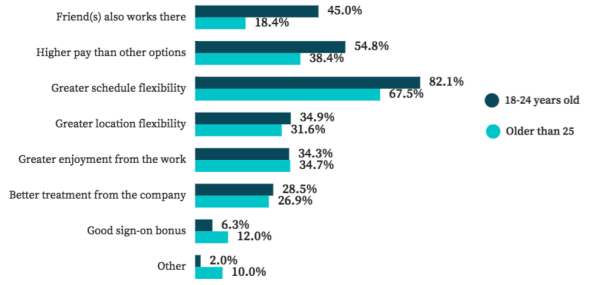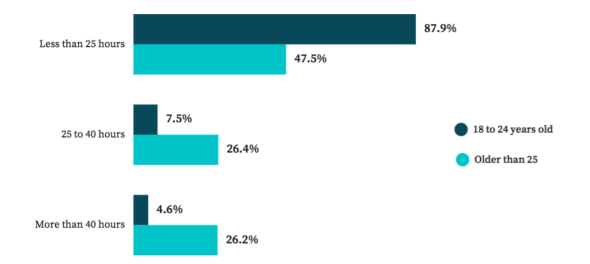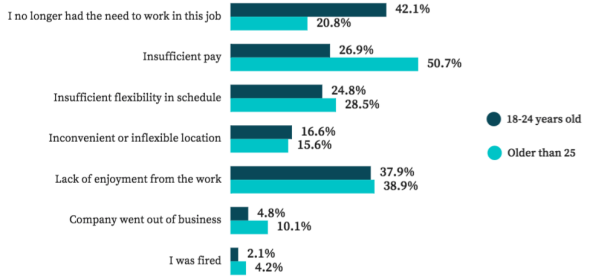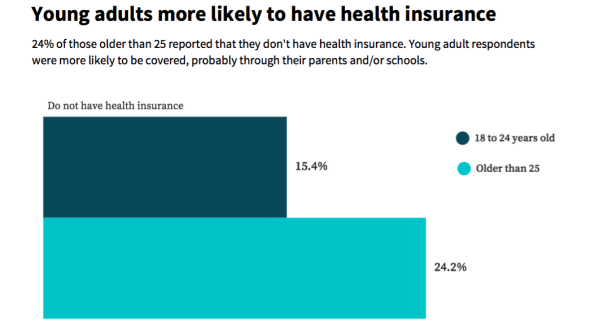The more Uber and Uber-but-for services proliferate, the more people wonder: What do all these independent-contractor jobs mean for the economy? With an estimated 34 percent of the American workforce currently in freelance or independent contractor jobs and as many as 40 percent forecast to be in those jobs by 2020 according to Intuit, it’s an increasingly pressing question. And while there’ve been a few stabs at answering it—including one earlier this year by Uber, which unsurprisingly concluded that people like working for Uber—the truth is no one knows. A report released this week by the group Requests for Startups doesn’t really know either, but it does add some interesting statistics to the discussion.
To conduct the report, the authors (three students at Stanford University and one Y Combinator alum) and their collaborators (mostly startups and on-demand service providers) distributed online surveys to 1,330 independent contractors. Respondents were offered a chance at winning one of 20 $100 Visa gift cards if they completed the survey, which 897 ultimately did. The authors analyzed the responses by dividing companies into four segments: ride-sharing (companies like Uber), manual labor (companies like HomeJoy, a house-cleaning service), delivery (companies like Postmates, a food delivery service), and passive income (companies like Airbnb). A lot of their findings support points we’ve heard before: People who work as contractors value the flexibility but worry about the money they earn, and juggle the contract work with other full-time or part-time jobs.
What’s interesting about this report, though, is the picture it provides of contract work for young adults, particularly those under 24. About 39 percent of the survey’s respondents said they were between age 18 and 24—the biggest age cohort. For select questions, the report broke out how these people answered questions as opposed to all other workers. Here’s what it found:
Young adults are much more likely to take a 1099 job because the pay is better, the flexibility is greater, or they have friends who also work there.

Young adults work significantly fewer hours than other 1099 employees.

They’re also more likely to grow out of the need for a 1099 job and leave it.

Here’s the real kicker, though: Young adults are also way more likely than everyone else to have health insurance. Considering that one of the big drawbacks of freelance and contract work tends to be lack of benefits, having health insurance is huge. Presumably, most of them also have Obamacare to thank, which lets children stay on their parents’ health insurance policies until they turn 26.

There’s been a little written on how Obamacare drives the 1099 economy, mostly focusing on how it lets workers purchase health coverage without a traditional employer. But it makes sense that another big piece of that would also be giving young adults still on their parents’ plans the freedom and peace of mind to take piecemeal, contract-style work while they figure out what they actually want to do for a career—or look for better full-time options. So when you consider the health insurance benefits many of these young adults have alongside the other trends in contract work—fewer total hours, and a much more short-term outlook—you can see how being a contractor as a young twentysomething might not seem so bad. Which gives them a big leg up on just about everyone else.
